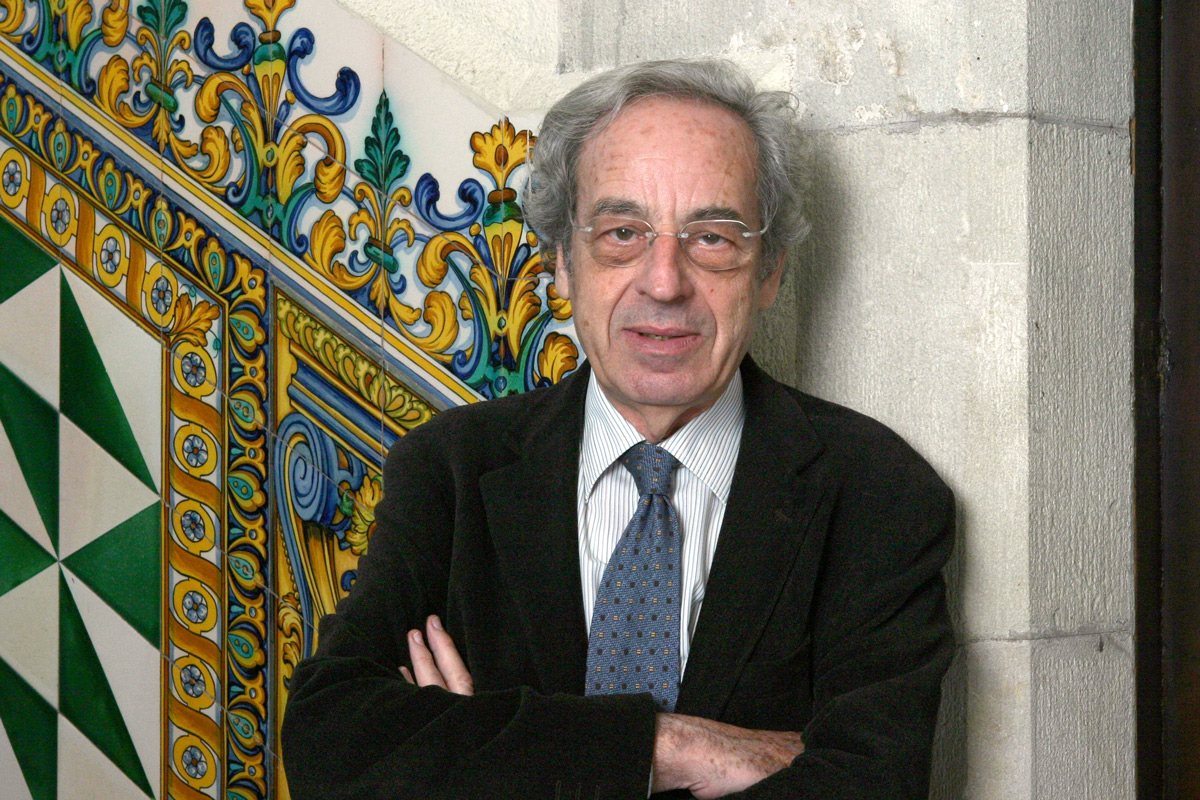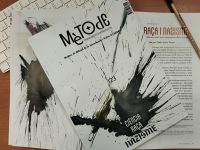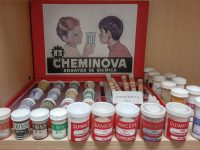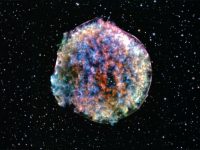Interview with Salvador Giner
«At least there are three cultures: science, humanities and social sciences»
Catedràtic emèrit de Sociologia a la Universitat de Barcelona i president de l'Institut d'Estudis Catalans

Salvador Giner (Barcelona, 1934) is Professor Emeritus of Sociology at the University of Barcelona and President of the Institute for Catalan Studies. PhD by the University of Chicago, Giner has been a Professor at the universities of Puerto Rico, Reading, Lancaster and Brunel, as as well as visiting professor at King’s College (Cambridge) and the University of Yale. His works, translated into many languages, make him a must in Sociology. He has just published his last book, El origen de la moral. Ética y valores en la sociedad actual (Origins of Morals. Ethics and principles in current society) (Península). Salvador Giner starts here a series of interviews in which we will talk about the role of «sciences» and «humanities» nowadays and the necessity to foment an understanding between them. Moreover, in the section «Books to Bridge the Gap», scientists will recommend both scientific and literary books, with the ability to stimulate our interest in knowledge.
Recently, you have been supporting the manifesto «Humanities with a future» in which you defend a greater presence of humanities in the education system. Is the situation that bad for «humanities»?
The situation of what you call «humanities» is serious. Analytical and critical accuracy are essential and they can’t be satisfactorily acquired by studying technology: the liberating, rational and necessarily supportive approach to humanity depends on the cultivation of philosophy and historical and ethical knowledge.
In this manifesto, you demand a bigger presence of humanities in technological degrees. C.P. Snow regretted by the end of 50s the scarce presence of science in British universities. Nowadays, has this situation changed or is a greater presence of science in humanities degrees still necessary?
CP Snow made a very simplistic division, out-dated now, between two cultures —science and humanities. At least there are three cultures: science, humanities and social sciences (anthropology, sociology, economy, etc.). There is no need for natural science in humanities, but a minimal knowledge of what natural science’s role is indeed needed. An element of history of science in humanities courses is desirable. An element of history of moral philosophy or of social thought, in science studies is also desirable. The danger we must avoid is allowing that this complementary studies become «soft» or «easy» subjects.
The debate on what kind of education is the most suitable for a society is a recurring topic. The Spanish Minister of Education, José Ignacio Wert, said that university students should not think about studying just what they like but think about its possible employability. In the current period of crisis, should education be more focused on integration to the labour market?
The labour market fluctuates. (Nobody expected the Internet some years ago!). Employability cannot directly calculated: A rigorous general education foments the adaptability of teenagers to changes in the labour market, and therefore, it facilitates their insertion in the labour market when the time comes.
The current subspecialisation in almost every discipline leads to a more specialised knowledge. How is it possible to acquire a broad education in science and in humanities when we are socially asked to specialise in specific aspects of our own discipline?
Reading, thinking, reading again, and writing summaries of what we have read. And read them again, critically. The «broad education» you are talking about is acquired with intelectual enthusiasm and enough humility.
Books to Bridge the Gap
What scientific book would you recommend?
Unended Quest, by Karl Popper, a kindly way to get started in objective knowledge.
What about a novel or a philosophy or art book? What would you remark of it?
Brian McGee’s philosophical autobiography. What would I remark? The whole book, the story itself. From the classics I would undoubtedly choose Montaigne’s essays. And a novel: The Man without Qualities, by Robert Musil.





